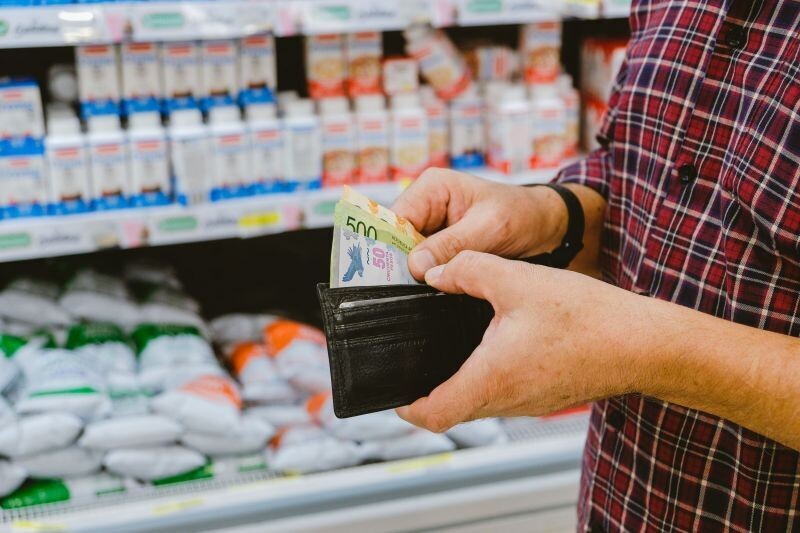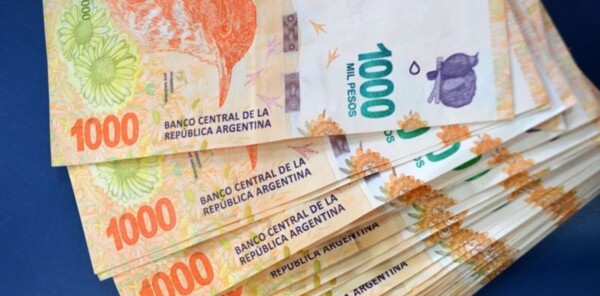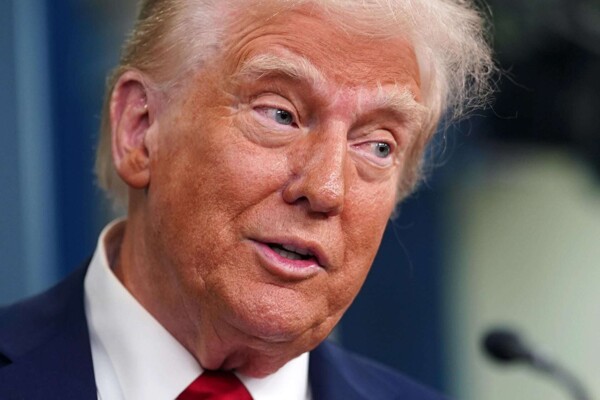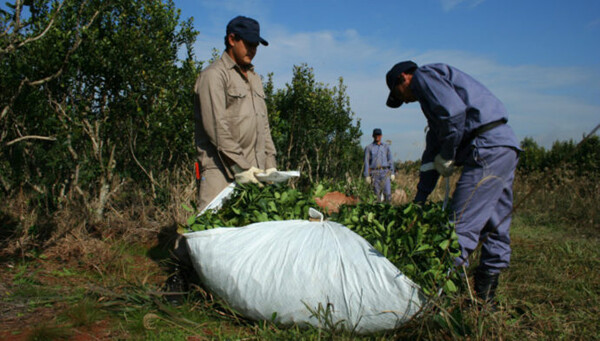
In the recent inflation reports, the prices of food and non-alcoholic beverages have shown an increase, rising from 0.9% in November to 2.2% in December. Economic and financial analysts have lowered inflation expectations for 2025, indicating that it could drop below the 2% threshold in the coming months.
In the latest REM report, inflation is expected to be 2.4% in January, decreasing to 2% in February. It is forecasted that inflation could be below 2% starting in May, according to specialists' estimates. Additionally, a 23.1% annual inflation rate is projected for 2025, which is 3.1% less than previous forecasts.
Despite the government's expectations to keep inflation below 2% in January, private consulting firms predict a larger increase, especially influenced by the food and beverage sector. The National Institute of Statistics and Censuses will release the official data on Thursday, February 13.
The top 10 consulting firms estimated that inflation would reach 2.4% in January and decrease to 2% in February. A rebound of 0.2% is expected in March, followed by a drop below 2% in May (1.7%). Upon analyzing different categories, there was a significant increase in food and beverages, as well as housing, while household equipment experienced deflation.
The behavior of the food market was volatile at the beginning of 2025, with varied forecasts among consulting firms. While some reported a monthly increase of 2%, others highlighted a more moderate rise of 1%. The deceleration was attributed to drops in dairy and vegetable prices, countering the initial increases of the month.













